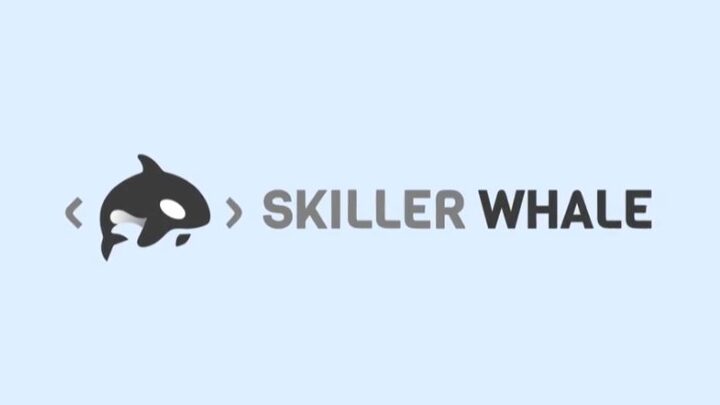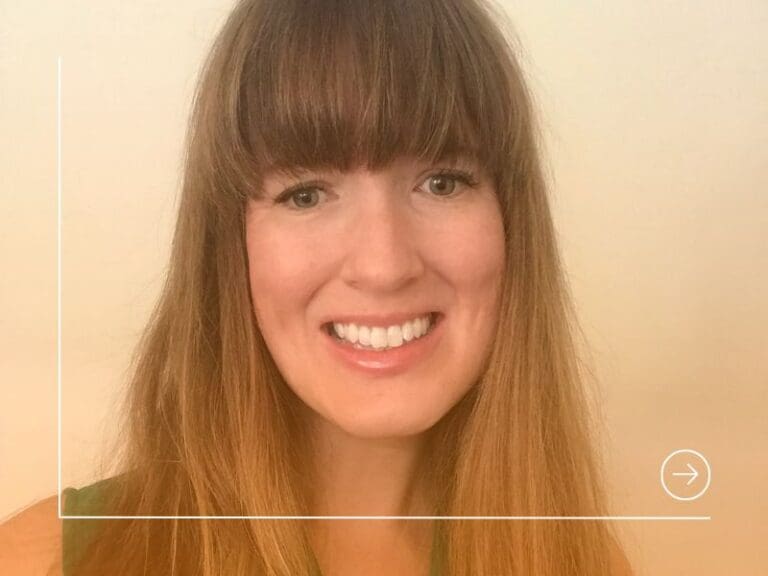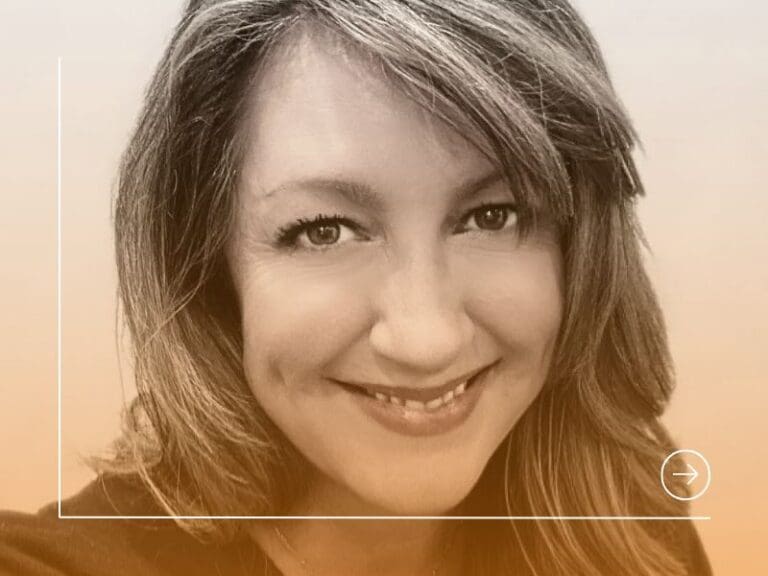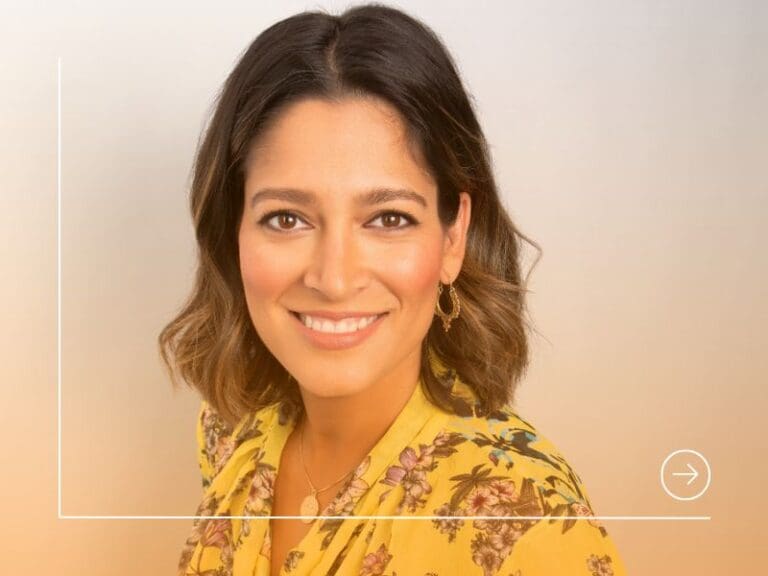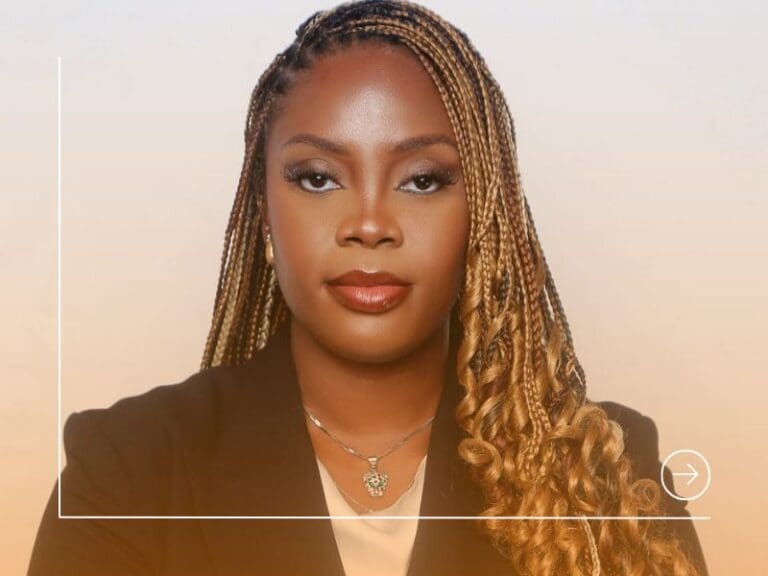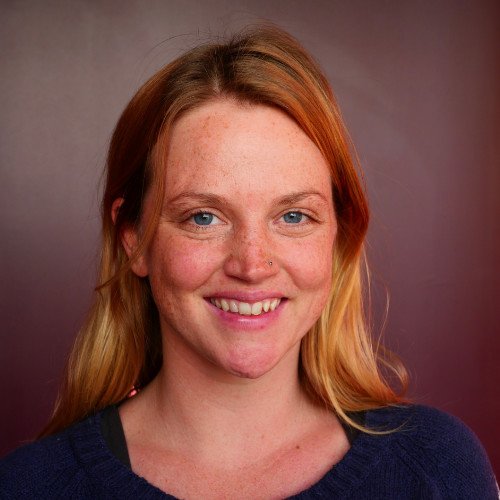
After graduating from Cambridge in 2007, Hayley set up and ran a professional coaching and assessment company for 7 years, strategically advising and providing training for organisations like HSBC, Microsoft and Shell.
She has been on the leadership team of two other international EdTech companies and is an author, published by Cambridge University Press. She is a co-founder and COO of Skiller Whale.
Meri Williams is an experienced CTO and leader of technology organisations; she is the CTO of Pleo. She particularly enjoys helping others to level up as technical leaders and managers of organisations, and works as a CTO coach and tech advisor to various companies in this capacity through micro-consultancy ChromeRose.
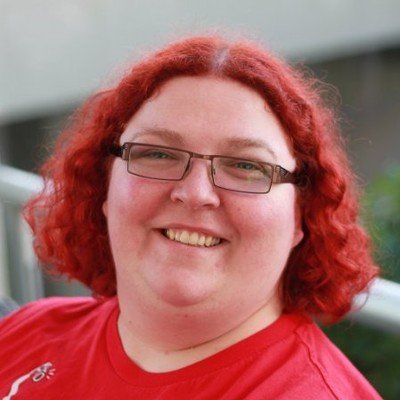
She’s had a career spanning development, project, programme and product management, mostly in engineering & operations leadership. Her particular specialty is rapidly scaling technology organisations whilst simultaneously improving their team diversity, inclusion, delivery, technological excellence, and ways of working.
She has led teams ranging in size from 30 to 300, in a range of organisations from Procter & Gamble, to the Government Digital Service, award-winning online print company MOO, mobile-first challenger bank Monzo and patient-inspired AI-driven rare disease treatment discovery company Healx, amongst others.
A published author and international speaker, she is the chair of The Lead Developer conference which now runs in many cities across the world including London, New York, San Francisco and Berlin. She is also a technology advisor for Kindred Capital, who practice equitable venture, making founders they invest in co-owners of the fund.
She and her wife Elly sponsor scholarships to help more girls start STEM careers in her hometown of Stellenbosch, South Africa, through micro-charity One Goes Up, as well as Arts scholarships and Women in Technology scholarships at The University of Bath. She also serves as a board trustee for Stonewall, the UK’s leading LGBTQ+ rights charity.
In her spare time she enjoys building complex Lego, board & video gaming, snorkelling and underwater photography, as well as travelling and exploring cultures mostly through food (@meatleader).
HOW DID YOU LAND YOUR CURRENT ROLE? AND WAS IT PLANNED?
Meri: I met Hywel Carver, CEO at Skiller Whale, at the LeadDev conference in London and I was instantly intrigued by the field of deep coaching and Hywel’s insights into the differences between knowledge, skills and wisdom. It was this meeting that ultimately led to my Advisory role with Skiller Whale.
I joined Pleo after being headhunted – I was excited to take the role of CTO as I was really impressed by the team, the product and the company culture.
Hayley: I met Hywel at University and we decided during the first year that we were going to found a company together! After graduating, we went off in very different directions – Hywel became a CTO and I went into professional learning. When our paths crossed again, we discussed how there was a really interesting, unanswered need for learning after formal education, particularly in tech teams, and that’s why we created Skiller Whale.
WHAT ARE THE KEY ROLES IN YOUR FIELD OF WORK AND WHY DID YOU CHOOSE YOUR CURRENT EXPERTISE?
Meri Williams: In my field of work, there are a number of different roles, ranging from software engineer all the way up to principal engineer. Once you reach a certain level of experience, engineering management roles become available as well, such as engineering manager, director, VP and then CTO. My CTO role involves a mix of technological expertise, strategy and organisational leadership.
In engineering, I think it’s really important that we don’t force people into management roles. If you’re forced into a management role, you’re typically not brilliant at it! I’m a really strong believer in having a path for people who want to stay as individual contributors, like staff or principal engineer.
Hayley: As a woman coming into a tech-adjacent field, I’ve been incredibly privileged in a lot of ways. For instance, I’ve been really privileged in my education and my university degree trained me in critical thinking. I’ve also been the beneficiary of Skiller Whale deep coaching, and learned a lot from my co-founders and from amazing industry mentors.
These experiences and support have given me a level of self-belief which is often the preserve of privileged white men – giving me the confidence to found a business in my early 20s and successfully run and grow it.
However, my decision to become a founder of Skiller Whale was also motivated by anger. After returning from maternity leave, my previous employer offered me a role several levels down from the role I’d held before I left. I think of the 6 women who went on maternity leave during this company’s reasonably short life, only one survived. Most were fired during their leave period or just before.
This experience was a huge factor in me deciding to become a co-founder. I wanted to be able to set the rules.
DO YOU HAVE A ROLE MODEL IN TECH OR BUSINESSES?
Hayley: I’ve got a really cheesy answer – which is that Meri is a role model for me! A big part of the reason we asked her to be on our Advisory Board is because I was already watching everything she did and reading everything she wrote. And her focus on people is exactly how you get results in business.
Meri: For me, Eileen Burbidge, who is a Partner at Passion Capital is a woman I really admire both from a leadership and an industry perspective. So is Leila Zegna at Kindred Capital. One of my other early mentors was Michele Hughes, who is still at Procter and Gamble and is very senior there. We bonded over both being working class kids who hadn’t quite expected to be in big business. She’s Glaswegian and I’m South African and in some ways, culturally quite similar. She was a really big inspiration for me and continues to be. I have a number of other people who I find very inspiring: Jesse Link and Maria Gutierrez, who were VPs of Engineering at Twitter until the recent fracas and Camille Fournier, Laura Hogan, Marta Jasinska and Gina Trapani.
I’ve tended to gravitate towards women in these sorts of positions because of the way that we’re treated in business and in leadership roles – it’s quite different to the treatment that men receive. I do get a lot of advice from men but it’s not always the best idea to act on it, because the way we are treated and perceived can be markedly different.
WHAT ARE YOU MOST PROUD OF IN YOUR CAREER SO FAR?
Meri: I helped build the team that built GOV.UK – it was a really hectic time. We went from 30 to 300 people in under a year and needed to deliver on a very tight deadline. So I was very proud of the team for achieving that.
I’m also very proud of being at Monzo through their growth from under a million customers to 4 million customers. The team did amazing work to stabilise and improve the platform through this exceptional growth.
LeadDev is also important to me – it’s the conference that I chair. It’s essentially a leadership conference disguised as a technology conference. We stand out in the industry because we have a fully representative line-up and we’re really helping a whole generation of managers, leaders and technologists be more empathetic and become better leaders.
Hayley: I am really proud of founding a company that serviced Microsoft and HSBC straight out of university, as well as being asked to co-author a professional learning book published by Cambridge University Press. However, I’m most proud of Skiller Whale: I’m constantly pinching myself that an idea that started in a cafe is now a successful business with a team of 20 and we’re transforming the way technologists learn. The CTO of long-time Skiller Whale customer, Essentia, said to me last week that what we provide is “the single most valuable thing we offer our engineers” – in terms of feeling proud, that one is hard to beat.
WHAT’S AN AVERAGE WORKDAY LOOK LIKE FOR YOU?
Meri: My days are very varied. However, in an average week, I’d say I spend approximately 40% of my time on technology tasks – which could relate to overall strategy, incidents, or improving processes for the team. About 30 to 40% of my time is spent leading the organisation and managing people and then the rest of my time is spent on general executive work as a senior leader.
Hayley: I’m incredibly structured with my time because I have two kids. My day starts between 8.30 and 9am and it ends at 5.30pm – I stop myself from working in the evening, as much as physically possible, to keep my family time sacred.
I oversee three areas of the business: marketing, sales and customer experience. These teams all report to me so I’ll have a stand up with each of them and check in on how they’re doing and where they’re blocked. I spend 90% of my days in meetings but these feel productive because I’m either unblocking teams or providing context and clarity.
I typically set aside a block of time in the afternoon where I focus on ‘11x thinking’, where I work through questions like ‘how can we get there 11 times faster?’ and ‘how could we do this 11 times better?’
ARE THERE ANY SPECIFIC SKILLS OR TRAITS THAT YOU NOTICE COMPANIES LOOK FOR WHEN YOU’RE SEARCHING FOR ROLES?
Meri: People are often surprised that companies really, really care about soft skills when looking for engineers. Being able to properly communicate and collaborate is a crucial part of doing well in an engineering role.
Hayley: We actually have almost identical criteria for engineers and salespeople in Skiller Whale. There’s a real emphasis on communication and the ability to clearly explain what you know, step-by-step, and bring people along on the journey with you. Obviously, there’s a baseline of hard skills that are necessary for engineers but they are very achievable to learn. Soft skills take a lot longer to acquire and gaining them requires higher levels of motivation.
HAS ANYONE EVER TRIED TO STOP YOU FROM LEARNING AND DEVELOPING IN YOUR PROFESSIONAL LIFE? OR HAVE YOU FOUND THE TECH SECTOR TO BE SUPPORTIVE?
Meri: I don’t think anybody has ever tried to stop me from learning and developing but they have often expected it to happen outside of working hours. This is where I think the tech industry can be more supportive.
We’re an industry that has a lot of hobbyists and they’re often self-taught. On the whole, the sector isn’t yet good enough at integrating learning to the everyday and that’s one of the things I love about Skiller Whale: companies can really invest in people skills and levelling up teams during work time.
I think this approach is so much healthier as well as crucial from an inclusion point of view. For example, we know that certain sectors of society are more likely to have caring responsibilities and therefore limits on their spare time. If we continue to expect the bulk of learning and development to happen as a hobby on the side, this hugely disadvantages people (typically women) who frequently don’t have the time or capacity to code as a hobby, beyond their work, because of increased responsibilities outside of work.
Hayley: I once had a manager who put himself on a course when really it should have been me going. When I asked him about it, he openly said that he was more interested in his own development than mine.
Other than respecting his honesty, it was a good lesson in how some (bad) managers think. ‘On the job’ learning should definitely be something you ask about at an interview.
HAVE YOU EVER FACED INSECURITIES AND ANXIETIES DURING YOUR CAREER? AND HOW DID YOU OVERCOME THEM?
Meri: Yes, all the time – I think imposter syndrome is a really big challenge, particularly for those of us who look or are a bit different from the stereotype of a tech professional. I do joke that when it comes to women in tech, we’re here, but we’re like the future: we’re just not evenly distributed! I think there may be more women working in tech than people appreciate, but we tend to cluster together a little bit.
One of the ways I’ve dealt with insecurity and doubt is by trusting my mentors. They reassure me that I’m ready and capable, even if I don’t think I am!
Hayley: There have been people with good intentions telling me to be more manly in my career (think: deeper voice, wide leg stance). I decided that being feminine wouldn’t make me less competent so I pushed back and embraced my Elle Woods side!
ENTERING THE WORLD OF WORK CAN BE DAUNTING. DO YOU HAVE ANY WORDS OF ADVICE FOR ANYONE FEELING OVERWHELMED?
Meri: The main advice I would give to people is to practise. Go for jobs that you don’t care about and don’t want – just getting to meet with different businesses and people can be really valuable. And interviewing becomes a lot less scary the more you do it.
Hayley: I would advocate for the power of vulnerability. Being open and vulnerable is incredibly disarming and has worked really well for me, across relationships with those senior to me, those junior and with my peers. It’s actually powerful to share when you’re feeling daunted by something or not in control of a situation. Most of the time others will be feeling the same too.
WHAT ADVICE WOULD YOU GIVE OTHER WOMEN WANTING TO REACH THEIR CAREER GOALS IN TECHNOLOGY?
Meri: Be yourself and if that gets rejected – find somewhere better to be.
Hayley: Don’t think of your skill set as fixed, including your soft skills. Treat yourself as a work in progress.


